Have you got a missing tooth and are pondering what your options are?
Today, dentistry has evolved dramatically with the aid of technology and other relevant discoveries. Over 40 years ago, if you were missing some teeth the only options you had were either bridges or dentures (which are a very poor replacement for natural teeth).
However today you can have an artificial tooth/root implanted which is the closest thing to having your own natural teeth.
When choosing your option, you want to look at every procedure and see what is right for you on many levels.
What are Bridges?
Bridges are a permanent (non removable) prosthesis (teeth) that attaches to your natural teeth. Their purpose is to bridge or fill in the gap that a missing tooth has left vacant.
However, bridges rely on your existing teeth to hold and support them. Therefore, you typically need at least one good tooth on either side of the missing space to hold the bridge in place. The adjacent teeth typically need to be prepared for a crown also known as a bridge abutment.
Once the bridge is made it is confirmed to fit well on the teeth and according to your bite. It is then held in place by either cementing or bonding the bridge onto the adjacent supporting teeth.
For many people it is common to lose all of their back teeth first, so there is no posterior tooth to use as a bridge support. In those cases is is possible to use two or three supports on the front and then “hang” a tooth on the back to provide some molar function. This modified form of a bridge is known as cantilever bridge.
Although they do “work”, there are limits to how far back the false teeth can extend. These do put a lot more stress and pressure on the supporting teeth and hence, their life expectancy can be significantly less than a traditional bridge.
Prior to implants, bridges were considered the best way to replace your missing tooth/teeth as they were the closest thing available to a real tooth. Bridges were a better alternative to a full or partial set of dentures. Bridges are permanent where you cannot remove them.
How long can I expect a bridge to last?
Bridges have a typical life expectancy of 15 years. However, they can last longer and if you are fortunate, up to 25+ years. This is important so make sure to carefully and fully read this section.
1. The actual dental work involved which includes the treatment planning, preparation of the teeth, fitting and cementation of the bridge. All of this is dentist/laboratory dependent and you may wish to ask or check out the work of your dentist.
Fortunately most dentists are qualified and experienced enough to provide a good quality bridge that will give you ~15+ years of service. However, it never hurts to ask or see some of his/her work and or speak to previous patients. We do the same thing whether hiring a trades person, builder, financial advisor, lawyer etc., so why not with a dentist?
2. The condition of the teeth and your “bite” and possible “habits”. If the teeth have had bone loss due to gum disease, extremely large fillings, root canals, these things can make the teeth weaker. This can lead to one or more of the supporting teeth fracturing which often means losing the entire bridge. Some people clench or grind their teeth whether it is in the day or at night while sleeping. This will also put abnormal and excessive pressure and stress on the teeth and could lead to fracture of the teeth or bridge.
3. Home care. How well you take care of your teeth by brushing, flossing and diet will determine your risk of gum disease and cavities. Bridges need to be maintained just as much if not more than natural teeth. If you develop either gum problems or cavities on your bridges they will become weaker and more likely to fail.
4. Regular check ups. Visiting a dentist regularly will help to identify any problems that may be developing, such as a cavity or gums problems as mentioned above. If caught early, a cavity along the edge of a crown or bridge can be fixed and sealed with a small filling, making it almost as good as new. If the cavity goes unchecked and decays a large portion of the tooth under the bridge, it may not be possible to repair.
5. General health. For most people this won’t apply but there are certain health issues that may affect the long term success of any dental work.
Sjogren’s syndrome causes people to have a very dry mouth increasing their risk of cavities; chemotherapy and in particular head and neck radiation can affect mouth dryness leading to rampant cavities; uncontrolled diabetes can lead to gum disease and loss of teeth; certain medications can affect the gums, salivary glands etc.
It is not feasible to provide a thoroughly exhaustive list. Just because you have one of these “conditions” does not mean traditional dental work such a bridges will not work or last. Much of it depends on the severity of your condition and your teeth.
However, it is good to ask your dentist if you have any medical /health conditions that will affect the lifespan of the dental work and what you can do to minimize any future problems.
6. Summary: Many studies have been done to determine the long term success of crowns and bridges and depending on how the study is set up the numbers can vary. Typically ten years is chosen as a time line.
Here are a couple of sources, although there are lots on the web: bridge vs implant; Predictable Dental Restorations.
One study which I recall from about 15 years ago (but could not find the link for this blog) was a study comparing bridges to alternatives such as implants. That study looked at well made crowns and bridges and followed up with them after 10 years.
They found that ~20% of crowns and bridges had failed or had problems leading to imminent failure during that time. The main reasons stated were: decay, gum problems, fracture of the tooth and or abscesses from the teeth as well as fracture of part of the bridge or crown. These were all initially done very well yet had problems during the first ten years! (With implants the failure rate was less than 2-3%)
In my experience, that 20% failure rate does seem a bit high. Nevertheless, I admit that I have been surprised to find some of my “own” dental work has last much shorter than I expected due to many of the problems noted above.
Drawbacks to having Bridges
There a few drawbacks of having a bridge done. If there are too many teeth in a row, the supporting teeth may not be strong enough to hold the bridge in place.
Also, your teeth will need to be prepared before the bridge is put in place. Preparation requires some trimming of the teeth. The downside to this is that it increases your chance of having nerve problems and potentially might need a root canal down the road. Your teeth are still susceptible to decay, gum disease and a bridge can take more time to brush and floss. If this is not done, you increase the risk of cavities on the supporting teeth. If the teeth are “weak” or subsequently need a root canal which can weaken the tooth, the teeth below can fracture.
On the positive side, bridges are done fairly quickly, usually within 2 weeks. They are less expensive than implants and are almost always partially covered by insurance companies.
What are Dental Implants?
A dental implant is a replacement tooth root. They are most commonly made of a medical grade titanium alloy, although all ceramic zirconia implants are also available. The implant becomes solidly “fused” to the bone serves as a solid base for either a single crown, multiple teeth in the form of a bridge or to secure a removable denture.
Implants have actually been around for over 100 years, but today’s modern day implants have been available since the 1960’s. Replacing the missing teeth by implanting an artificial root into the bone where the missing tooth was is the closest alternative we have to our own natural teeth. They have now taken precedence as the best choice for replacing missing teeth, especially in the long term.
Implants are self-supporting and do not rely on adjacent teeth for support. If some natural teeth are weak or loose, replacing, the missing teeth with implants may prolong the life of the natural teeth. Why? Many times some teeth have become loose because of the excess function being placed upon them. By replacing the missing teeth with a solid implant supported tooth, the forces on the natural teeth can be reduced.
Do Dental Implants last?
Implants have proven time and again how well they work and how long they last, that most of the general public are aware and are asking about implant alternatives.
In the 10 year study comparing bridges to implants mentioned above, it was discovered that 20% of bridges failed within the first 10 years mainly due to decay, gum disease, infection or fracture. Yet, less than 3% of implants had failed. (The main reason being that implants do not decay, fracture or develop gum disease.)
If we were to look at a 15-25 year timeline, the difference between the two options would become even more pronounced. I currently have several patients with implants that have been in function for 30-35+ years and an unmeasurable number in the 15-20k+ year range. Yet the number of patients with bridges lasting 30+ years is literally two or three that I can think of.
When you consider the life expectancy of an implant versus a bridge, the overall long-term cost of implants is very favourable.
Are there complications with dental implants?
Unfortunately yes. If you belong to the unlucky 3% you may have an implant fail within ten years. If there is an early failure (within the first one to 2-3 years) it may be due to issues such as general health, local issues such as infection from an adjacent tooth, surgical placement/protocol and complications, or treatment planning and diagnosis. Talk to your dentist before you begin treatment…he or she may replace or cover some of the replacement costs in these situations.
In the long term (>3-5 years), the potential complications which can lead to implant failures are:
- The implants were not positioned properly,
- Too few implants supporting too many teeth,
- Heavy function (such as grinding, clenching, and not taking precautions such as night guards),
- Poor hygiene,
- Poor general health (uncontrolled diabetes, side effects and complications of medications such as bisphosphonates, head and neck radiation etc).
The implants were not positioned properly,
The Cost of Dental Implants
The biggest obstacle has been cost! Even that has been decreasing due to competition from implant companies, and more dentists placing implants.
Today, more and more insurance companies are paying for partial implant costs as they are realizing the long term benefits both to the patient and of course, to their bottom line.
Need Help?
Dr. Balogh and the Vancouver Centre for Cosmetic and Implant Dentistry team have decades of experience in placing bridges and dental implants. Give us a call or book a complimentary consultation with us here.
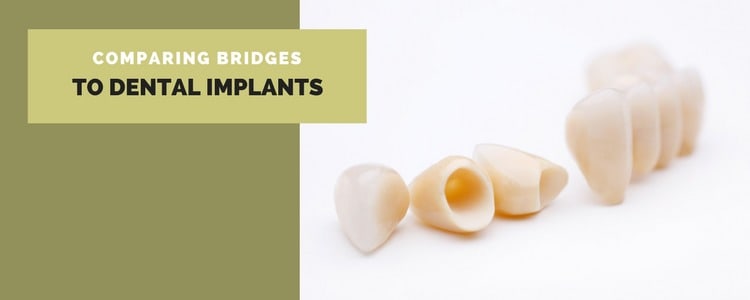
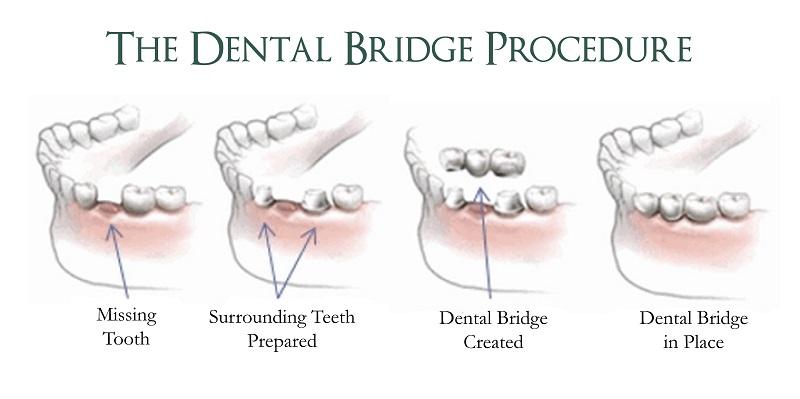
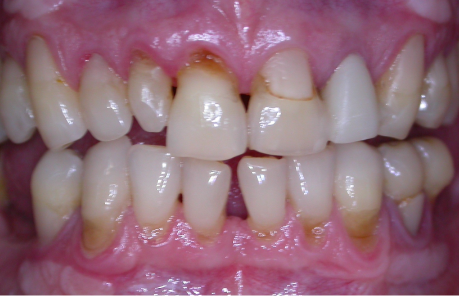
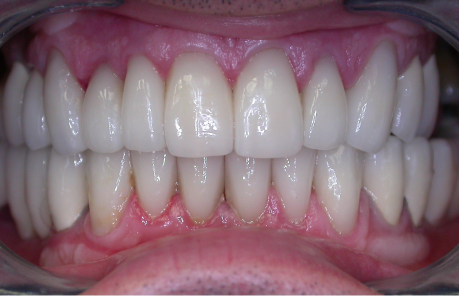
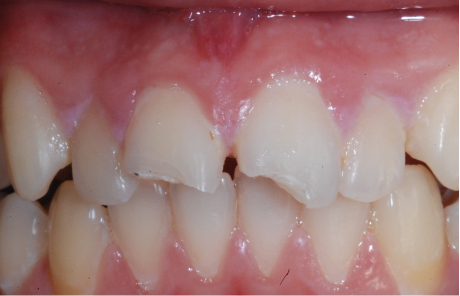
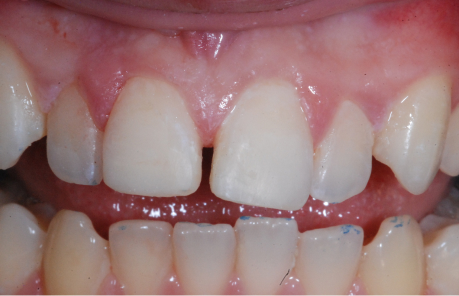
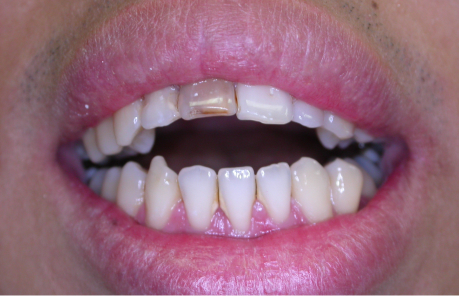
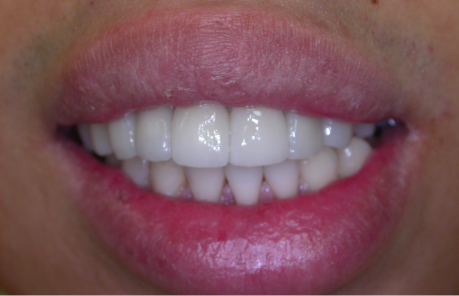
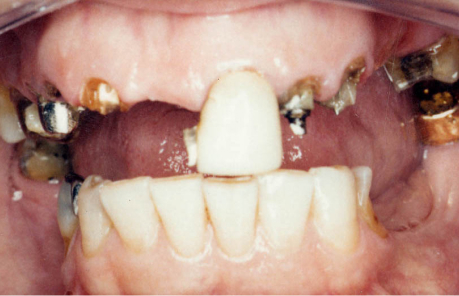
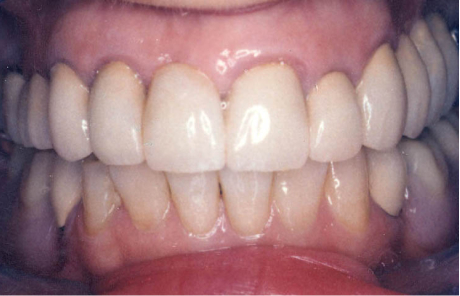
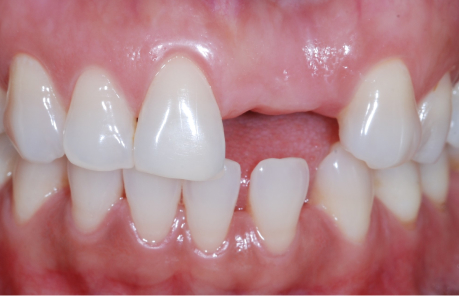
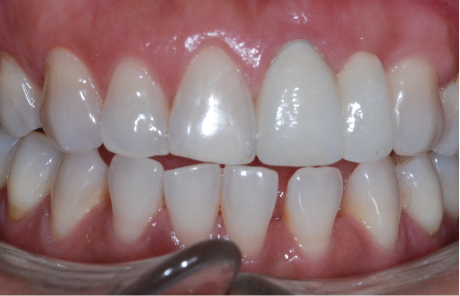

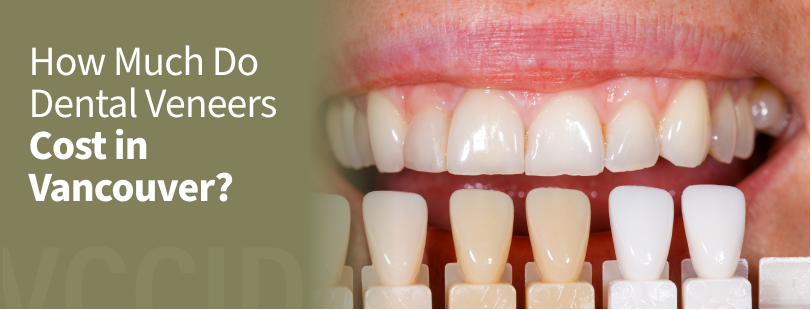




3 thoughts on “Comparing Bridges to Dental Implants”
Thanks for explaining the comparison between dental bridges and dental implants. This has explained a lot of things regarding this. Where there are many benefits of dental bridges, there are many drawbacks too as you have described. I would like to see more information on this. Thanks.
Bridges Yarmouth
I have undergone some dental implants. It may be a little pricey but it is worth it. I can now smile with confidence.
Thanks for sharing this informative post with us.